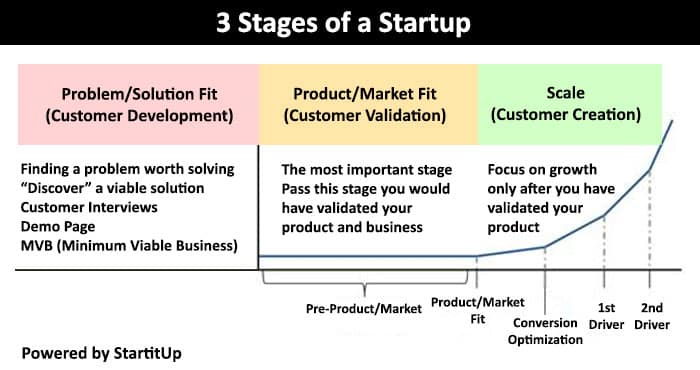
4 Business Strategies You May Be Overlooking
Innovation is the name of the game for businesses in 2019. If companies want to maintain a solid edge over the competition, they need to employ unique strategies and technologies that outpace traditional methods. Eighty-nine percent of C-level executives find that developing a strategy that can dynamically respond to market conditions is very important to the success of their business — the same is probably true for your business, too.
That being said, not every business strategy needs to be originally formulated. Some great methods for getting your business ahead are tried-and-true, just underused. When it comes to developing the right strategy for your business, nothing should be off the table. Look over every aspect of your business to see if you can implement a long-term strategy to fuel growth.
Just knowing that you need to implement a strategy, however, isn’t enough. If you’re looking for some practical, commonly overlooked business strategies that can give your business a boost, start with:
1. Procurement
Every business needs to regularly purchase certain goods or services in order to operate, yet very few have a defined procurement strategy. Optimizing your business’s regular purchases is a great way to cut costs and increase your competitiveness in the long run.

While business strategies can take plenty of different forms, one of the most effective is by joining a group purchasing organization, or GPO. GPOs use their large number of members to leverage better deals from product suppliers. Finding a GPO that specializes in the products your business needs can ensure that you get the same products you rely on for cheaper.
GPOs can also handle the heavy lifting of procurement as your business grows. Large companies can have between dozens and thousands of different suppliers, and managing all of those different channels can become a role in and of itself. Adopting the right GPO for your business not only saves you money on supplies, but it can also make the whole supply process easier.
2. Micro-acquisition
The news today may only tell stories about massive tech mergers and acquisitions, but moves like these aren’t solely reserved for titans. Smaller businesses are better equipped than ever to find the right companies to acquire at the right time, and acquisitions like these can give your business a big edge down the line.
The Small Business Administration supports small-scale acquisitions through its 7(a) program, which offers special loans for appropriately sized deals. If you find a small business that has developed a certain technology or controls a market that you think would benefit your company, don’t be afraid to consider acquisition an option.
3. New Market Expansion
New businesses are often forced to carve out their niche in order to survive. While controlling a defined section of certain markets is a good way to ensure lasting success for your business, it’s not exactly a recipe for big growth. If you’re looking to make waves with your company, you need to take the risk of moving on to new markets.
It’s never beneficial, though, to just blindly barge into uncertain territory. Do a scout of potential places for expansion before making any big moves. Sixty-four percent of entrepreneurs who have defined plans report business growth, a large leg up from the 43 percent of planless entrepreneurs who report the same.

Look for markets that have room for a product or service like your own — those more vulnerable markets offer big opportunities for your business to fill in the gaps. Plenty of businesses are too complacent about their market position; always be looking for new places to go.
4. Co-Marketing
In a competitive marketplace, the focus for most businesses is naturally going to be the competition. While it never hurts to stay a step ahead of competitors, sometimes collaboration can be more beneficial. One way to reach out to other companies and make mutually beneficial moves is through co-marketing.
Co-marketing allows your company to position itself alongside other companies to communicate a combined message. While the benefits of this might not immediately be obvious, co-marketing can have lasting effects on your brand image. Creating collaborative advertisements with the right companies can open up your business to entirely new markets and customer bases. Try pairing up with companies you’re not directly competing against; focus on those whose products or services complement yours. The right combination can prove fruitful for everyone involved.
There’s no “right” way to do business. What ends up being successful for some companies is a flop for others. To maximize the success of your business, you need to consider every option. Whether it’s new strategies or old ones you end up adopting, make sure not to leave any overlooked.






